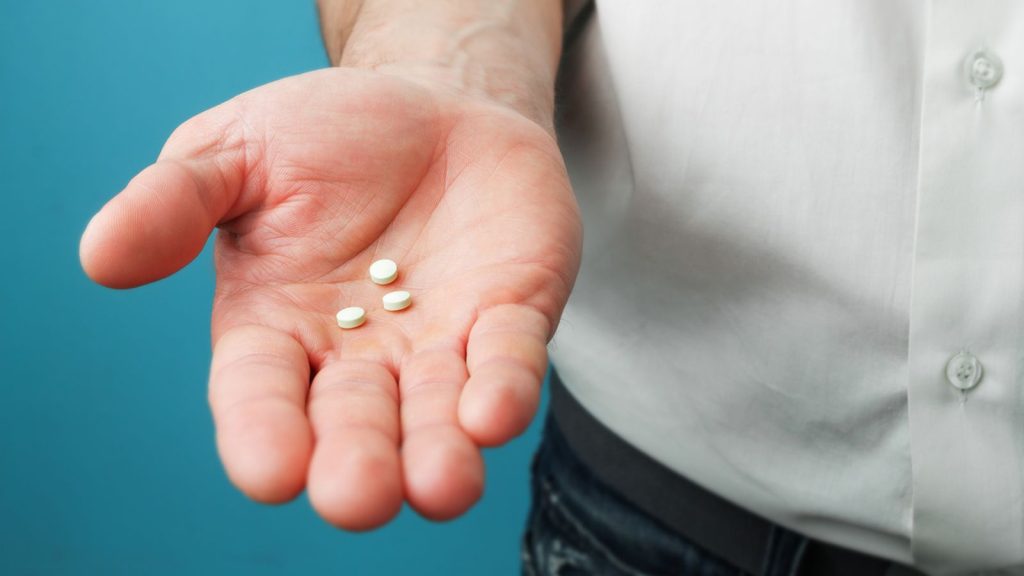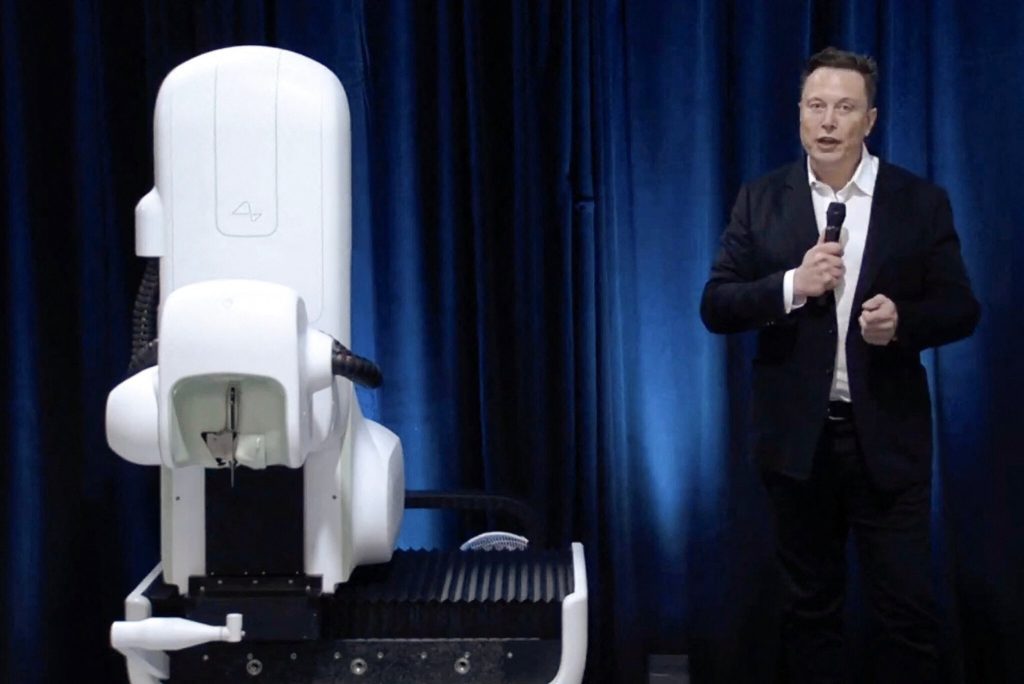The United States Agency for International Development (USAID), through its Lagos Urban Water, Sanitation, and Hygiene (LUWASH) project, has awarded grants totaling N1.72 billion to eight Nigerian organizations to support efforts against the ongoing cholera outbreak. The grants, awarded during a two-day signing and onboarding workshop in Lagos, are part of USAID’s broader strategy to curb cholera transmission, promote healthy behaviors, and prevent future outbreaks.
The workshop, organized to officially launch the grant activities, aimed to equip the new grantees with essential guidance to ensure effective implementation of their projects. The initiative aligns with the Lagos State government’s mission to reduce cholera cases, particularly after a spike in infections earlier in the year. In June alone, Lagos reported up to 500 suspected cholera cases, part of a broader outbreak across Nigeria that saw over 1,528 suspected cases reported in 31 states, as documented by the Nigeria Centre for Disease Control (NCDC).
According to USAID, the selected organizations will use the funds to strengthen the operational and outreach capabilities of Community-Based Organizations (CBOs) providing essential water, sanitation, and hygiene (WASH) services in underserved communities. The recipients include the JAM Foundation, Equitable Health Access Initiative Nigeria, South Saharan Social Development Organisation, Humanity Family Foundation for Peace and Development, Women’s Right to Education Programme, Bread of Life Development Foundation, Society for Water and Sanitation, and Chamagne Foundation.
James Racicot, Chief of Party and USAID contractor for LUWASH, emphasized the significance of the grants in tackling cholera transmission in Lagos. “We have complete confidence in your abilities to succeed based on the proposals you submitted. This initiative aims to reduce cholera transmission, morbidity, and mortality rates across the state,” Racicot stated, urging grantees to utilize training and resources to maximize impact.
The grants fall under USAID’s CAREVO fund, part of LUWASH’s targeted approach to address specific water and sanitation challenges. Racicot highlighted LUWASH’s multifaceted approach, which includes infrastructure development, governance support, and collaboration with local stakeholders to create sustainable WASH solutions. He noted that the CAREVO fund enables USAID to address both urgent needs and longstanding gaps in community health infrastructure.
The grant recipients expressed commitment to achieving the USAID/LUWASH goals and strengthening WASH services within their communities. This initiative represents a critical step forward in combating cholera in Lagos and supporting Nigeria’s health infrastructure in underserved regions.













